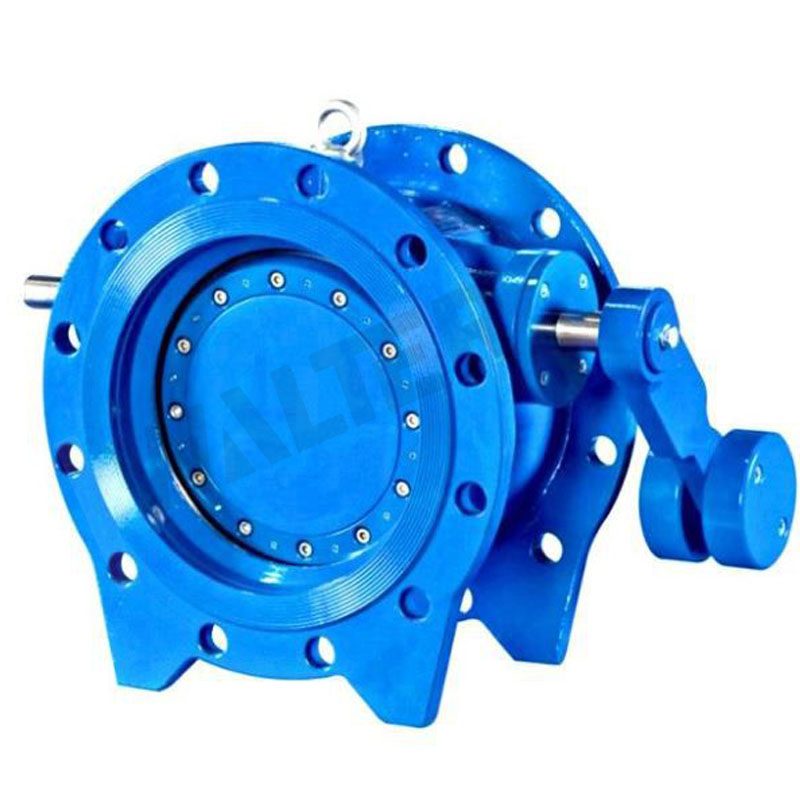Ever heard of a check valve? It’s a type of valve that opens only to liquids flow in one direction. Check valves are the most part working well, yet they can also occasionally cause troubles such as water hammer, leaks, and clogging. Today, we will be discussing how to resolve these problems and ensure that your check valve remains in optimal condition.
What is Water Hammer?
Water hammer is a loud, banging sound that can occur in your pipes when water is turned off abruptly. This sound can place strain on your check valves, which can harm them by time. There are a couple of ways to prevent water hammer: use water hammer arrestors or modify the pressure in your pipes. If you’re already dealing with water hammer on your check valve, you may need to replace it before it causes any additional damage.
Fixing Leaks in Check Valves
Leakage is yet another problem associated with check valve. If you notice water dripping from your valve, it might be due to damaged seals or fractures on the valve. Make sure to inspect and replace the seals on your check valve regularly to prevent leaks. If there is already a leak, you can try tightening the fittings or replacing the seals to address it.

Blockage in Check Valves
Check valves may become clogged when a foreign substance such as dirt or other debris becomes lodged in the valve, preventing it from opening and closing properly. To avoid this, you can add a strainer or filter before the valve to collect debris. If your check valve is already clogged, you may need to take it out and, depending on the model, remove the blockage by cleaning it.
Maintaining Your Check Valve
Maintaining you check valve is actually highly recommended to avoid problems. Inspecting it for leaks, clearing out clogs, and swapping out old parts can help keep your valve working well. If you get a bit more involved in maintaining your check valve, you can prevent costly repairs and ensure it functions for many years.
Addressing Issues with Check Valves
If your ball check valve has a few issues, say water hammer, leaks or obstructions, fear not! There are solutions to this. Knowing what is causing these problems and going through the basic tips, troubleshooting and fixing your well pump check valve will be a breeze. So remember, a little bit of that preventative maintenance on your check valve now will save you time and money down the road.
To sum it up, check valves have an important role in regulating your liquid’s flow in your pipes. Understanding common problems, such as water hammer, leaks, and blockages, and these tips for prevention and repair, should help keep your check valve in working order. By making sure your valve is looked after from time to time then you’ll avoid check valve problems. Using these helpful tips, you’ll be able to fix any troubles and keep things running smooth!



